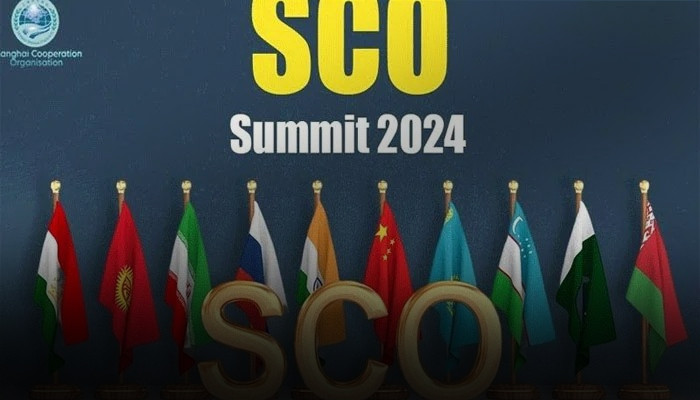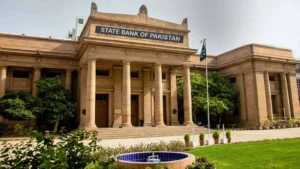SCO Summit 2024: Pakistan Hosts Amid Political Turmoil and Strategic Crossroads

Pakistan marks a significant achievement in its expanding and ever-growing foreign policy ambitions. Islamabad is hosting the 2024 Shanghai Cooperation Organization (SCO) Council of Heads of Government (CHG) meeting on October 15-16, marking a significant moment for the country. Leaders from major regional players, including China, Russia, and India are attending the summit highlighting Pakistan’s geopolitical importance. However, it takes place under a cloud of domestic instability and security concerns, posing both an opportunity and a challenge for the nation.
Pakistan’s hosting of the SCO summit highlights its aspiration to enhance regional cooperation through economic integration and social connectivity. The agenda includes talks on fostering trade, technological partnerships, and security coordination among member states. Pakistan’s pivotal geographical location and the inclusion of projects like the China-Pakistan Economic Corridor (CPEC) are expected to be key parts of the discussions. As the second phase of CPEC is expected to position Pakistan as a key bridge between Central and South Asia, it hopes to gain regional influence at a time when the global economy is shifting towards digital connectivity and multipolar alliances.
However, the event is not without significant challenges. On the domestic front, Pakistan is experiencing political unrest seen never before. The opposition party, Pakistan Tehreek-e-Insaf (PTI), led by former Prime Minister Imran Khan, is looking forward to protests during the summit, accusing the current government of election fraud, and undermining the judiciary and constitutional processes. This internal discord threatens to overshadow Pakistan’s efforts to present itself as a stable ally and partner in regional diplomacy. Moreover, a recent suicide bombing in Karachi targeting Chinese nationals has raised security, and ongoing security issues near the Afghanistan border raise concerns among incoming delegates, further complicating Pakistan’s preparations to welcome foreign dignitaries.
From a geopolitical perspective, the summit holds importance beyond Pakistan’s borders. As India’s Foreign Minister S. Jaishankar is attending, it marks the first high-level Indian visit to Pakistan in nearly a decade. Although no bilateral talks between the two countries are planned, Jaishankar’s presence reflects a recognition of the SCO’s strategic value in maintaining open channels, even among rivals. Both Russia and China view the SCO as a platform to counterbalance Western influence in the Asian region.
On the other hand, the United States continues to monitor the event closely. Washington has expressed skepticism about China’s Belt and Road Initiative (BRI), including CPEC, viewing it as a tool to expand Chinese influence within the region. Thus, the outcomes of SCO will indirectly shape U.S.-Pakistan relations as well, particularly as Islamabad seeks to balance its economic dependence on China while staying close to the long-standing military ties with the U.S.
For Pakistan, this SCO summit offers a chance to project diplomatic credibility amidst ongoing internal challenges and a shifting global order. The Shahbaz Sharif led government must carefully navigate the intersection of domestic politics and international diplomacy. The summit’s success not only depends on the agreements but also on Islamabad’s ability to signal unity and stability which are critical factors in rebuilding confidence among regional and international partners.
The SCO summit represents a double-edged sword for Pakistan as it stands at a strategic crossroads. It has to advance economic and security cooperation while maintaining a positive diplomatic posture.





